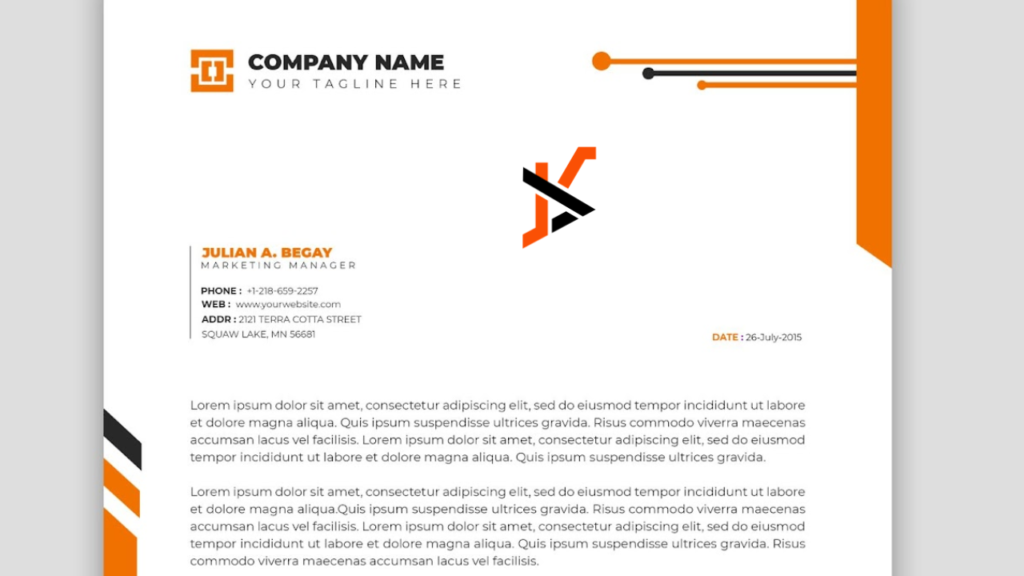In the competitive landscape of the UK job market, a well-crafted cover letter, formatted specifically for the UK market, can be the key that unlocks the door to an interview. It serves as your first impression on a potential employer, showcasing your skills, experience, and enthusiasm for the specific role you’re applying for. Here, we’ll delve into the essential elements of a strong cover letter format, keeping in mind the context of UK cities, skills, and job opportunities.
Understanding your audience: city, industry, and company culture
The UK boasts a vibrant job market across diverse cities, each with its own industry focus and company culture. Researching the specific city where the job is located can be insightful. For instance, London, a global financial hub, might prioritize strong analytical and communication skills, while a tech startup in Manchester might seek candidates with a passion for innovation and a collaborative spirit. Aligning your cover letter to these nuances demonstrates your genuine interest in the location and its professional environment.
Similarly, understanding the industry of the company is crucial. Legal firms in Edinburgh will value strong research and writing skills, while creative agencies in Birmingham might seek candidates with exceptional design thinking and communication abilities. Tailoring your cover letter to highlight relevant skills specific to the industry demonstrates a proactive approach and a good understanding of what the company seeks.
Finally, researching the company culture can elevate your cover letter. Does the company prioritize work-life balance or a fast-paced environment? Mentioning specific aspects of the company culture that resonate with you showcases alignment with their values and creates a positive first impression.
Structure and style: formatting for success
While there’s no single “perfect” format for a UK cover letter, a clear and concise structure is essential. Here’s a recommended approach:
- Your contact information: Include your full name, phone number, email address, and LinkedIn profile URL (optional) at the top.
- Date: Mention the date you’re writing the letter.
- Hiring manager contact information: Address the letter to the hiring manager by name, if possible. If not, use a respectful salutation like “Dear Hiring Manager for the [Job Title] position.”
- Opening paragraph: In the first paragraph, state the specific job title you’re applying for and how you came across the position. Briefly mention your enthusiasm for the opportunity and the company.
- Body paragraphs: This is the heart of your cover letter. Here, you’ll showcase your skills and experience relevant to the job description. Use specific examples from your past work experiences that demonstrate how you’ve applied your skills to achieve success.
- Quantify your accomplishments whenever possible. Did you increase sales by 15% or streamline a process that saved the company 20 hours per week? Numbers add weight to your claims.
- Focus on achievements that are relevant to the current job description. Don’t just list your responsibilities; explain how you used your skills to achieve positive outcomes.
- Highlight skills specific to UK cities and industries. If the job is in finance, emphasize your analytical skills. If it’s a tech startup, showcase your ability to work collaboratively and think creatively.
- Closing paragraph: In the closing paragraph, reiterate your interest in the position and express your enthusiasm for an interview. Briefly mention your availability for an interview and thank the hiring manager for their time and consideration.
- Signature: Include your full name and a professional closing, such as “Sincerely” or “Regards.”
Style tips:
For a professional look, maintain a formal tone throughout. Proofread meticulously to eliminate typos and grammatical errors – a clean letter showcases your professionalism. Aim for a concise one-page letter to grab the hiring manager’s attention.
Going the extra mile: personalization and enthusiasm
A strong format provides a solid foundation, but a personalized touch truly elevates your cover letter. To showcase your suitability for the specific role, highlight achievements directly related to the job description. Don’t just list generic skills; explain how your past experiences demonstrate the capabilities they seek. Further personalize your message by mentioning something specific about the company or city. This demonstrates your research and genuine interest in the opportunity. Finally, let your enthusiasm for the role and the company shine through! By incorporating these elements, you create a cover letter that speaks directly to the hiring manager and positions you as a strong contender.
Conclusion
In the UK’s competitive job market, a strong cover letter is your key to unlocking interviews. Tailor your message to the city, industry, and company culture. Highlight relevant skills with quantifiable achievements and specific examples. Personalize it further by mentioning something unique about the company or city, and express your enthusiasm for the role. By crafting a compelling and personalized cover letter, you’ll position yourself as a top candidate and open doors to exciting opportunities across the UK.

